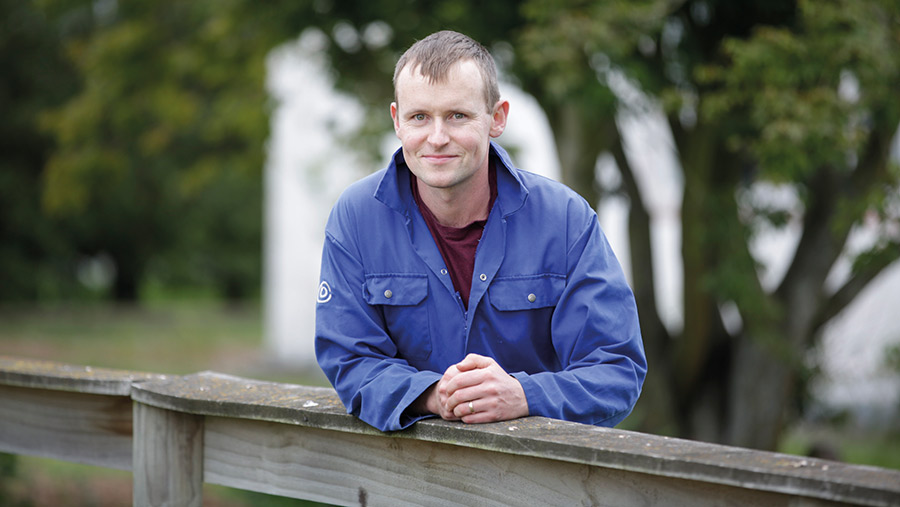Chris Bennett: Ag-specific net-zero policies needed
 © Johnny Houston
© Johnny Houston Agriculture’s progress to reduce greenhouse gas emissions was described as “glacial” in the Climate Change Comittee’s 2022 report.
While disappointing, this can come as no surprise, given the lack of policy to incentivise any kind of change. It feels like agricultural emissions have been put in the “too hard” basket.
George Eustice’s response centred on a reliance on future technology and not wanting to lock farming into a policy programme that could become outdated.
See also: Chris Bennett – grass doesn’t make my mouth water
Unfortunately, climate change is happening now and we, as both farmers and the public, urgently need agriculture-specific policies that can direct us towards net zero.
New Zealand can provide some inspiration. He Waka Eke Noa is a plan to price agricultural emissions by 2025.
Should the proposals be accepted, farmers would be required to calculate their emissions, subtract their sequestration and pay a levy based on the outcome.
There are a number of impressive aspects of the proposals that we would do well to learn from.
First of all, the proceeds of the levy will remain within agriculture to help farmers transition to lower emissions.
Second, there is a world-leading recognition that methane, as a short-lived gas, behaves differently to carbon dioxide and nitrous oxide, so is priced accordingly.
The methane levy can be minimised to recognise its cyclical nature, while New Zealand still reaps the rewards of being able to say it’s the first country in the world to tax livestock emissions.
In the UK if we fail to act soon we’ll find our own lamb competing with New Zealand lamb that is not only cheaper, but also can prove itself to have a lower carbon footprint.
We would benefit from getting ahead of the game with our agricultural climate policy so we can approach it on our own terms.
If we do nothing we could see climate neutrality being forced upon us by the retailers or as a Red Tractor standard. Either would inevitably include more cost and less reward for the farmer.
Increasing regulation is likely to be met with pushback, but doing nothing is not an option.

